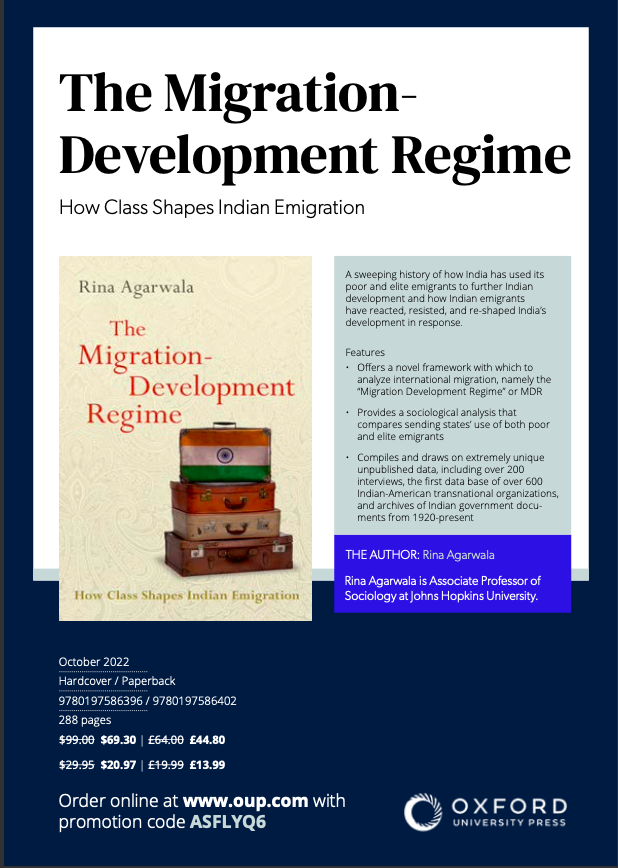Robert Isaksen, Journal of Critical Realism, Vol.21 (5), 589-591
Judgemental rationality is the critical realist concept that deals with issues relating to the possibility to make claims to knowledge and truth, and to claims about false beliefs. As such, it is relevant to empirical researchers and philosophers of knowledge alike. Judge-mental rationality has a central place in critical realism, being one part of what has been termed the Holy Trinity of Critical Realism (Bhaskar 2016). Though judgemental rationality was an implicit part of critical realism from the start, a more complete explication is made in Bhaskar’s third book,Scientific Realism and Human Emancipation([1986]2009), in particular sections 1.3, 1.5, 1.6, 1.8, and 2.4. The argument, in short, is that the necessity of ontological realism implies the actuality of epistemic relativity (and which in turn mutually implies ontological realism), and together these make for the possibility of judgemental rationality (24), i.e. of rational theory choice, even between theories from competing paradigms (92). Such rational choice of one theory over another is predicated upon choosing the theory which has comparatively greater explanatory power, using specific criteria (73,82), and that there is an agent able to make such a comparison (e.g. 87). In critical realist research this would come in addition to searching for underlying causal mechanisms, and indeed can be seen as central to this very process.
It has previously been argued that even though judgemental rationality has a central place in critical realist theory and has important implications for research practice, it has not been given the attention it deserves (Isaksen2016). There has more recently been an increase in work explicitly dealing with issues of judgemental rationality. For example, theory choice in IS research (Ononiwu, Brown, and Carlsson2018), sustainability science (Boda2018; Boda and Faran2018), prison research (Quraishi et al.2022),autism research (Kourti2021), learning (Isaksen2018), the role of judgemental rationality in critical realist-inspired mixed methods (Mukumbang2021), in inter-paradigmatic dialogues (Lobina and Weghmann2021), and future-research (Schoppek2021). Now seems to be a good time to dedicate a special issue to this this centrally important concept.
Possible topics for the special issue include:
−Examples of research explicitly applying judgemental rationality.
−How may judgemental rationality affect research methodology?
−How may judgemental rationality affect how we present our research and the terminology used?
−What role may judgemental rationality have in terms of discussions about science, for example related to climate change, covid, medical research generally, etc.?
−Relatedly, what role may it have in arguments about scientific as opposed to lay knowledge?
−What role may judgemental rationality play in politics?
−How are the arguments for judgemental rationality themselves justified? How may they be critiqued?
−In what ways is judgemental rationality developed within the three phases of critical realism (scientific critical realism/dialectical critical realism/metaReality)?
−What relations may exist between judgemental rationality and ethics?
The above list is by no means extensive. As this is an under-elaborated concept, we are interested in a wide variety of contributions from demonstrations of practical applications of judgemental rationality to critical and conceptual articles.
Timeline for submission.
Submission of full papers to Journal of Critical Realism will open on 1st December 2022 and close on 30 April 2023.
All papers will be subject to peer review. Feedback period will be May – June 2023.
Final decisions by 31st July 2023.
Final papers required by 30 September 2023.
